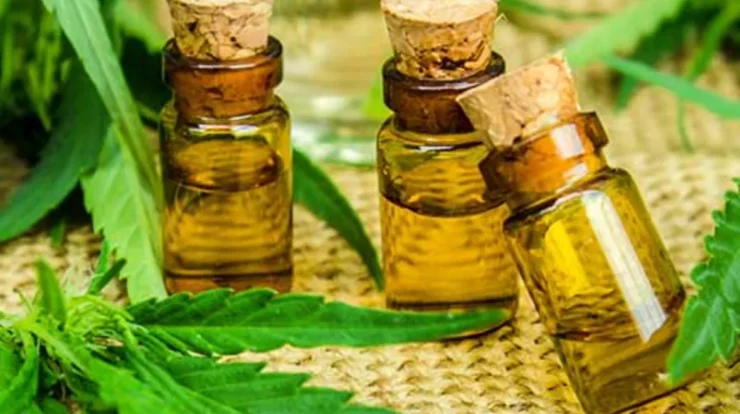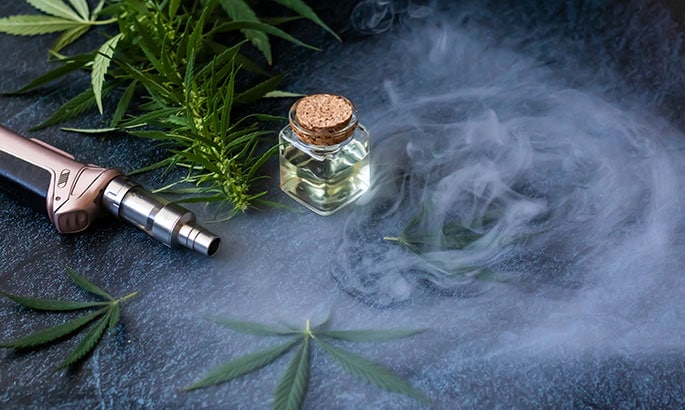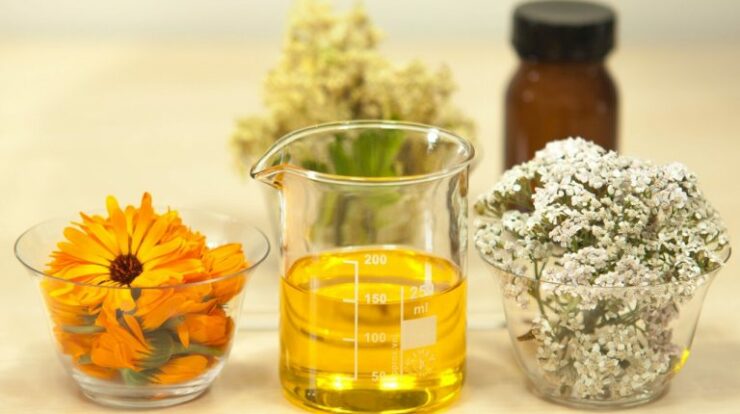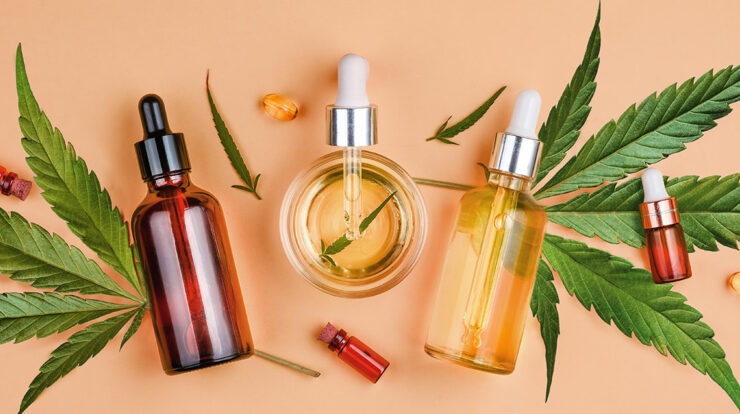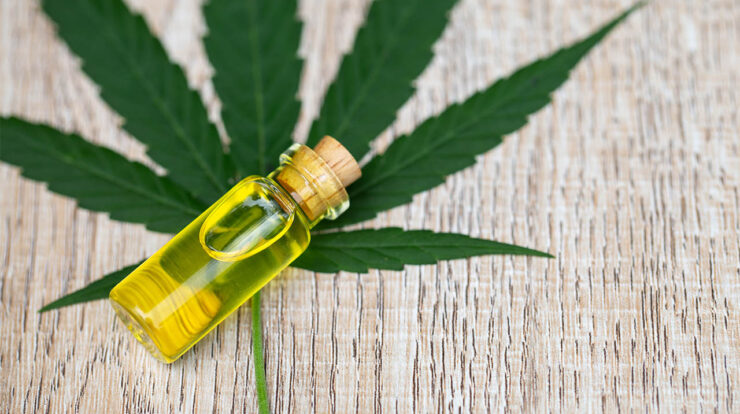
CBD, which comes directly from a hemp plant, is an important part of medicinal marijuana. It is a natural substance used to transmit a sense of relaxation and peace in items like oils and food. CBD is the plant’s non-psychoactive component, so you will not get an impact like making you feel high. The psychoactive effects of THC can actually diminish or neutralize CBD depending on how often each compound is ingested. CBD is both therapeutically strong and non-toxic and easy to use as CBD oil and is appealing to people who are skeptical for the first, time trying cannabis. There are also some types of CBD that are used in different products according to the product needs that are, full-spectrum CBD, broad-spectrum CBD, and CBD isolates. But before discussing the types of CBD, one should know the overall uses and benefits and side effects of CBD as mentioned below:
Types of CBD
There are mainly three types of CBD as mentioned below:
- Full-spectrum CBD
- Broad-spectrum CBD
- CBD Isolates
Full-spectrum CBD

The word Full Spectrum is used to define an element with a full range of terpenes and cannabinoids-up to 0.3 percent THC included. The highest level of environmental performance is given in this profile. The cannabinoid, terpene content, and ratios of the plant source are closely mirrored if a high-quality extraction process is correctly used. It should be remembered that full-spectrum oil contains THC trace quantities. The national average of no more than 0.3 percent of THC by dry weight must be reached as addressed. If an extract from hemp is made, which complies with this cap, the THC content is typically 2-3 percent. The extractor must then dilute the extract in order to reduce the relative THC content. By legal weight cap, the finished product must comply with 0.3 percent THC. These THC products do not generate ‘high’ at these low levels if used regularly. This said THC can still be adequate to deter the patient from failing a drug test. This makes full-spectrum goods a drawback for many.
Some advantages of full-spectrum Cbd includes
- It gives full product value due to the surrounding impact that is, due to the entourage effect.
- It goes through fewer phases that are safe for humans.
Some adverse effects of full-spectrum CBD include:
- Psychoactive or sedative action may be possible due to its THC content.
- It can also appear in a drug test.
- May have powerful aura and taste.
Full-spectrum CBD is recommended to the following people:
- Persons to whom that THC-CBD ratio has been prescribed.
- When CBD isolation and broad-spectrum hopefully won’t be able to decrease for people with more severe disabilities or disorders.
- People in States that are legal for Cannabis.
Broad-spectrum CBD
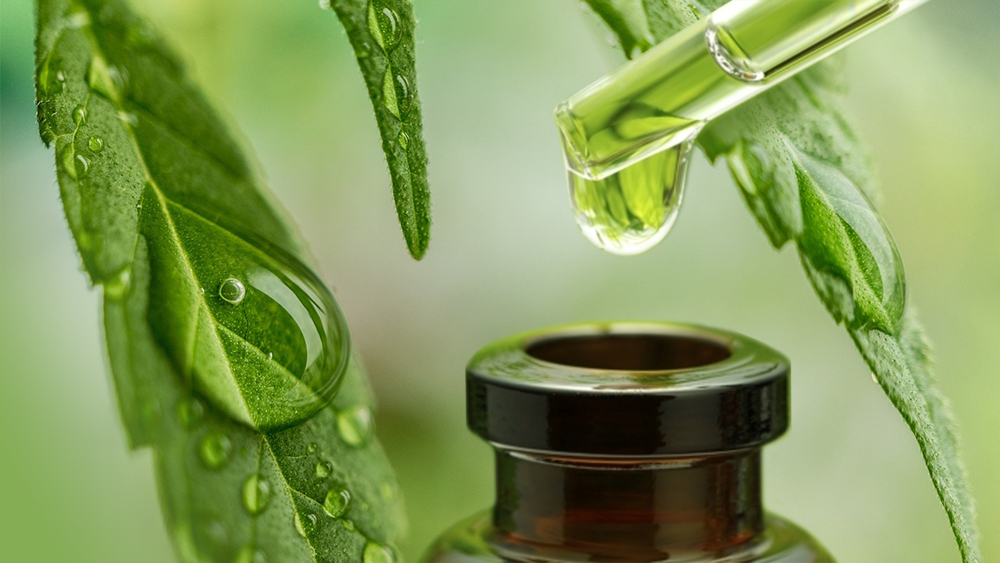
The full spectrum cannabinoid and terpenes are used in wide spectrum items except for THC. Without THC being needed, these products give full therapeutic potential. The broad-spectrum CBD oil provides the ideal option for people subject to drug testing or who do not want to take THC for any other reason. It provides all the additional benefits of full-spectrum CBD without the possibility of THC being absorbed in the body. Broad-spectrum CBD is an ideal option for people who may have no sign of THC, whether they are passing drug checks or not for legal purposes.
Some uses of broad-spectrum CBD are as follows:
- Can help with anxiety and pain
- It has anti-inflammatory qualities
- May help to sleep better.
- In epileptic patients, it can help to reduce seizures. Epidiolex for seizures is the only Food and Drug Administration (FDA) approved CBD prescription.
- The use of CBD with a broad range is also of great advantage. These products allow you to access potentially useful compounds.
Some benefits of broad-spectrum CBD include:
- It also offers maximum benefits due to the effect of an entourage
- It produces a non-psychoactive effect therefore it is considered safer than full-spectrum CBD.
Some adverse effects of broad-spectrum include:
- One of the adverse effects is that it is still under investigation for its use, benefits, and side effects.
- It also has a strong or powerful scent and taste.
Broad-spectrum CBD is recommended to the following people:
- CBD isolate individuals can not relieve conditions entirely.
- THC vulnerable individuals.
- People who reside in states with strict THC laws.
- First time THC consumers are reluctant.
CBD Isolates
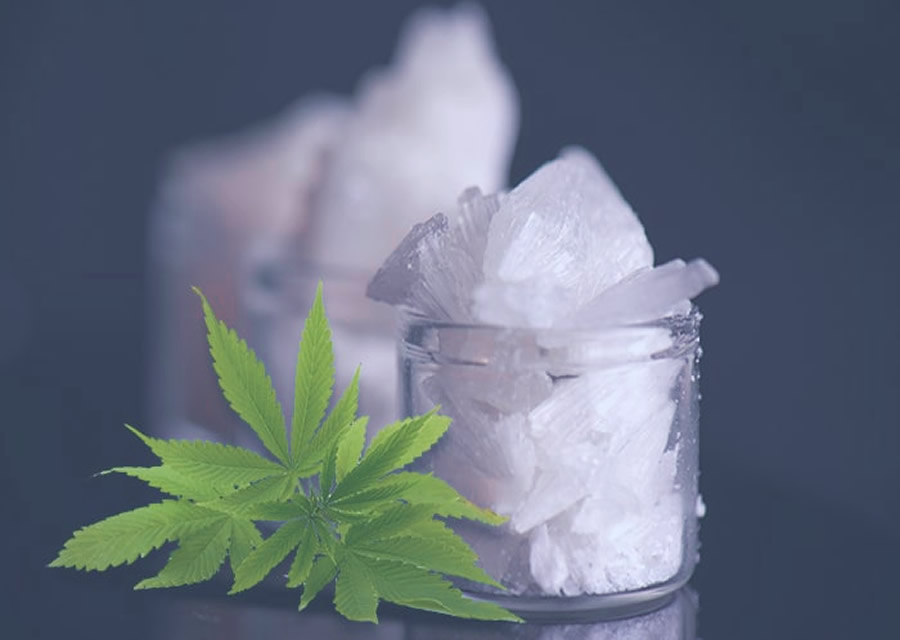
CBD Isolate is actually a single molecule isolated from cannabidiol. Their effect is mostly present at very high levels. This isolate can be applied to a range of human consumption carriers or used in different ways as a standalone product. In several items that look like full or, broad-spectrum isolate is commonly used as a source of CBD. This can be risky, as isolates have been investigated to require higher and more reliable dosing with similar advantages compared with the full or broad-spectrum approach. CBD isolate is a suitable choice for people who want to try CBD but can not or do not want to consume the active ingredient in Cannabis that is, Tetrahydrocannabinol (THC). At least a small percentage of THC is present in many CBD products.
CBD functions on the human body’s cannabinoid receptors. The fact that the human body produces its own cannabinoids can affect many bodily functions, including:
- Passion for appetite
- Memory
- Mood swings
- Perception of pain.
- The degree of inflammation
Some benefits of CBD Isolates include:
- It is considered as the purest CBD form
- It produces no psychoactive effects
- It has no taste or scent
- It will make you fail a drug test.
Some adverse effects of Isolated Cbd include:
- It does not deliver the complete benefits of Cannabis
CBD Isolate is recommended to the following people:
- People who were advised to, explicitly take large doses of CBD
- People with immunity to THC or other cannabinoids
- People who are routinely screened for medication
- People who like light tastes or no taste
- Beginner consumers who may be reluctant to cannabinoids
Uses and Benefits
The ability for CBD to treat a number of diseases, and plays important role in many serious conditions as mentioned below:
- Autoimmune disorders like inflammatory and rheumatoid arthritis.
- Neurological diseases like Alzheimer’s disease, dementia, Parkinson’s disease, multiple sclerosis, seizures, Huntington’s, chorea, stroke, brain trauma.
- Other diseases like Diabetes, obesity, or metabolic syndrome.
- Mental illness like autism, PTSD, anxiety, or depression.
- It also treats diseases like Crohn’s disease or colitis.
- Heart and body disorder as atherosis, or arrhythmia.
- Dermatological conditions like acne, dermatitis, or psoriasis.
- CBD has also shown neurological and cancer-relieving effects.
Adverse effects
CBD with its benefits also has many side effects. One of which is that CBD can boost blood thinner blood levels in your blood and increase blood levels for some other drugs. An important issue with CBD’s safety is that it is mainly marketed and administered as an additive rather than a drug. CBD can hurt you, and even before you know it, the damage will occur.
- Hepatic damage can also, be caused by CBD.
- CBD can influence how other medicines you take and can cause severe side effects.
- CBDs are often more susceptibility to sedation, drowsiness, and damage when used with alcohol or other medications that slow brain function, such as those used to therapy anxiety, fear, stress, or sleep disorders.
- In studies of CBD exposed animals, men’s reproductive toxicity was recorded, or damage to fertility was documented in men’s or male offspring of women exposed.
You might find that CBD can cause adverse events. These side effects can be improved by stopping CBD or reducing the quantity used.
- Changes in alertness, most often perceived as sleepiness.
- Gastrointestinal pain, most often diarrhea or diminished appetite.
- Mood shifts, most often perceived as irritability and restlessness.

